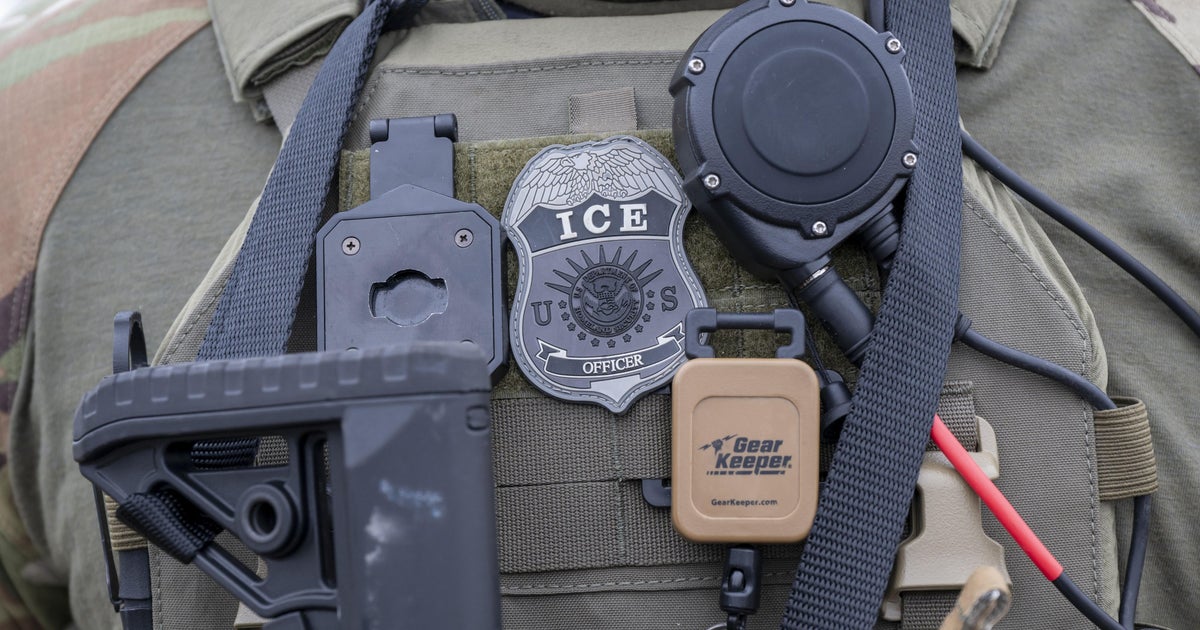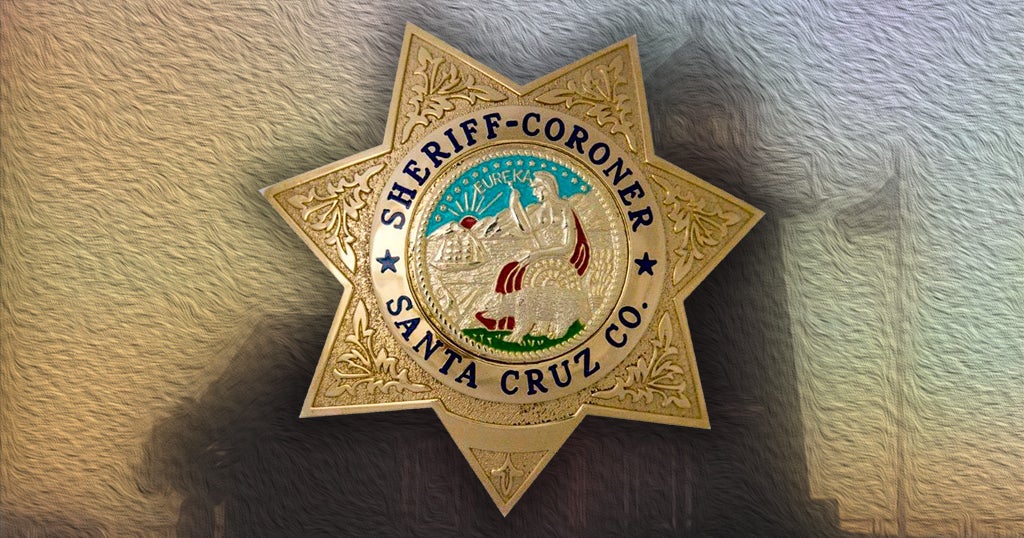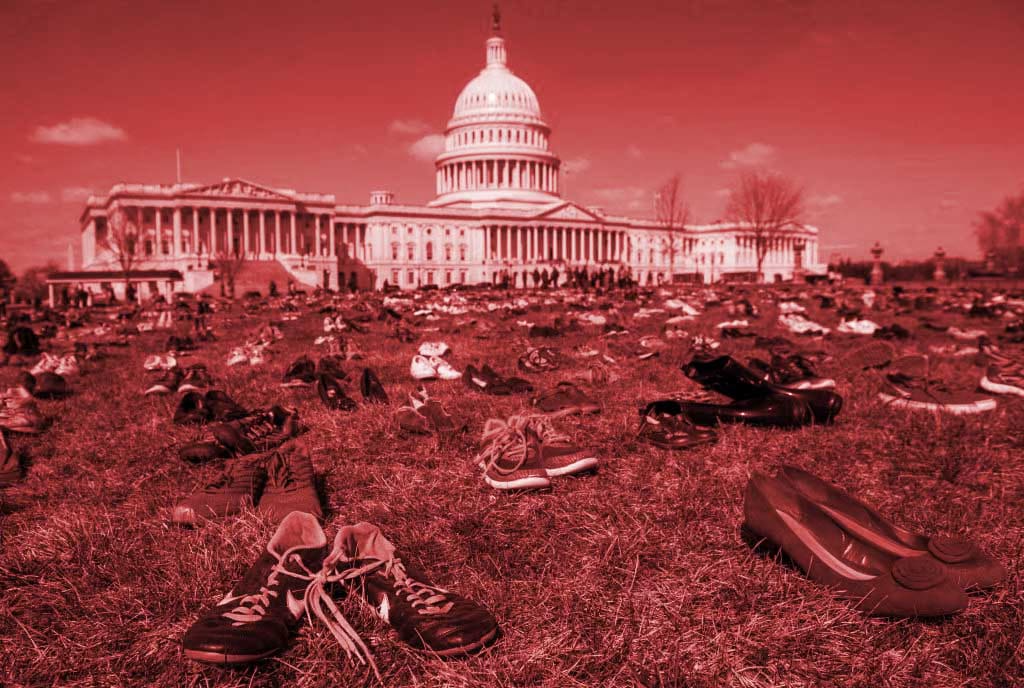Several Colorado sheriffs say they won't enforce red flag gun law
Some Colorado counties are opposing a new state gun law that goes into effect in 2020. The red flag law allows a judge to issue an extreme risk protection order so that law enforcement can remove firearms from people posing a threat to themselves or others. However, nearly half of Colorado's counties have responded to the bill, passed in the new Democrat-controlled statehouse, by declaring themselves "Second Amendment sanctuaries." Scott Pelley reports on the controversial new law on the next edition of 60 Minutes, Sunday, November 17 at 7:30 p.m., ET and 7 p.m. PT on CBS.
The model red flag law was written after the Sandy Hook school shooting in 2012. Currently, 17 states and the District of Columbia have adopted them. One of the authors of the model law is Josh Horwitz, head of the Coalition to Stop Gun Violence. "This is a law that is a temporary civil restraining order that allows family members or law enforcement to go to a court… before a tragedy occurs," Horwitz said. "And if the judge agrees and issues the order, law enforcement will… remove the firearms and then somewhere between seven and 21 days everybody will come back to court, there'll be a full hearing. If the person, in fact, is dangerous to self or others, the firearms will be kept by law enforcement, and that person won't have access to them for a year."
Dozens of Colorado sheriffs are ready to defy the law, including Steve Reams of Weld County, which is now a "Second Amendment sanctuary." He says his first responsibility is to the U.S. Constitution. "There are portions of the law I just flat out can't and won't do," he told Pelley. "I'll support the U.S. Constitution, the Constitution of the state of Colorado and then, I'll enforce the laws of the state of Colorado. When those things are in conflict you know you have to decide which one you are going to adhere to," Reams said.
Reams acknowledges he could go to jail for defying the law, but if it comes to that he says he would file a lawsuit, "We'll determine at that point if this Red Flag law is constitutional."
Sheriff Bill Elder of El Paso County also disagrees with the law, saying it doesn't adequately address mental health and makes the focal point the gun and not the person. Elder told 60 Minutes, "We need to have funding for meaningful mental health assessments and treatment. There just are no programs. The state hospitals are full."
Another Colorado sheriff, Tony Spurlock of Douglas County, is a staunch advocate of the red flag law. He lost his deputy, Zack Parrish, during a New Year's Eve shoot out in which a heavily armed man struggling with mental health issues had barricaded himself inside his suburban Denver apartment. 185 shots were fired, which left six others wounded. Spurlock wished the law had been in place that night. "Probably a month before, we would've been able to intervene, and in my opinion, most likely would have saved two lives," he said. "We would've saved the suspect's life and we would have saved Zack's life."





